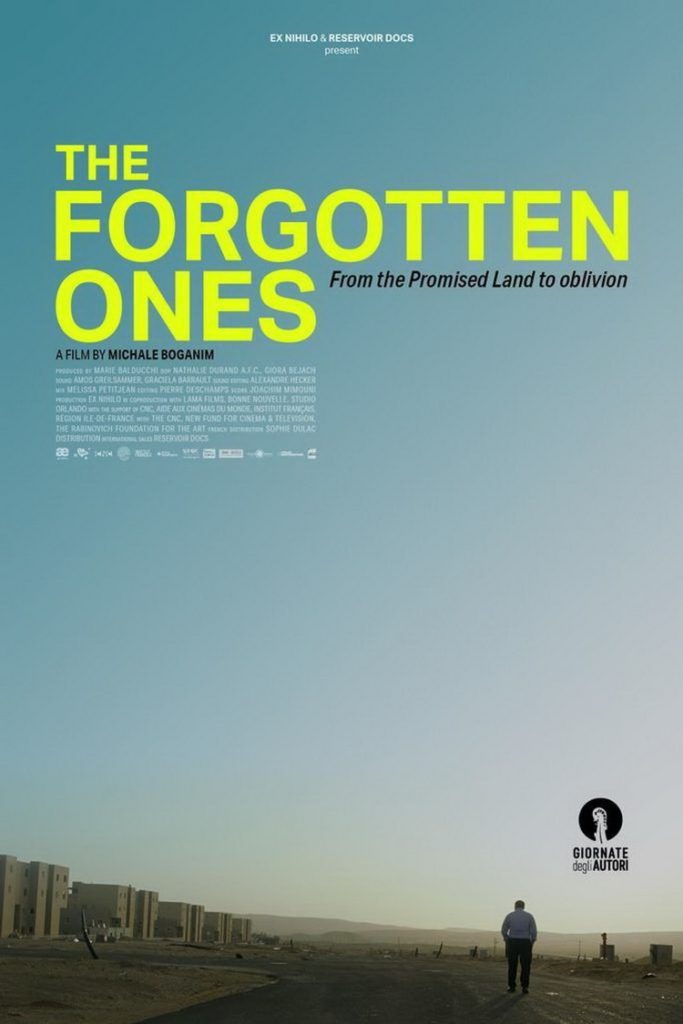
Oriental Jews may well have been discriminated against throughout Israel’s early decades, but Michale Boganim’s latest documentary vastly exaggerates their current plight.
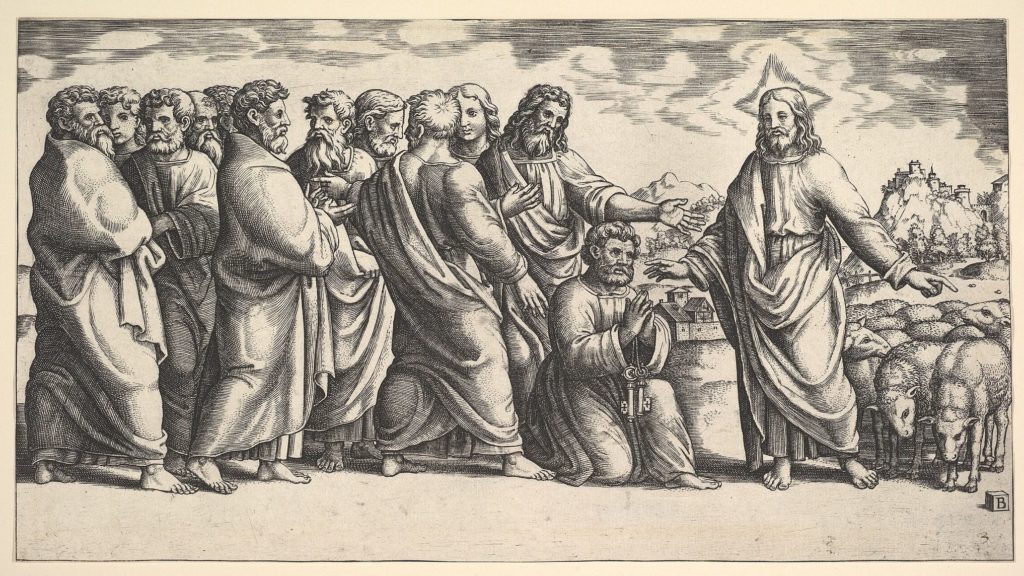
If the Church as we know it is to survive, it must change course immediately. I have no doubt that in any future attempt to salvage what is left of it, Kwasniewski’s analyses will be invaluable.
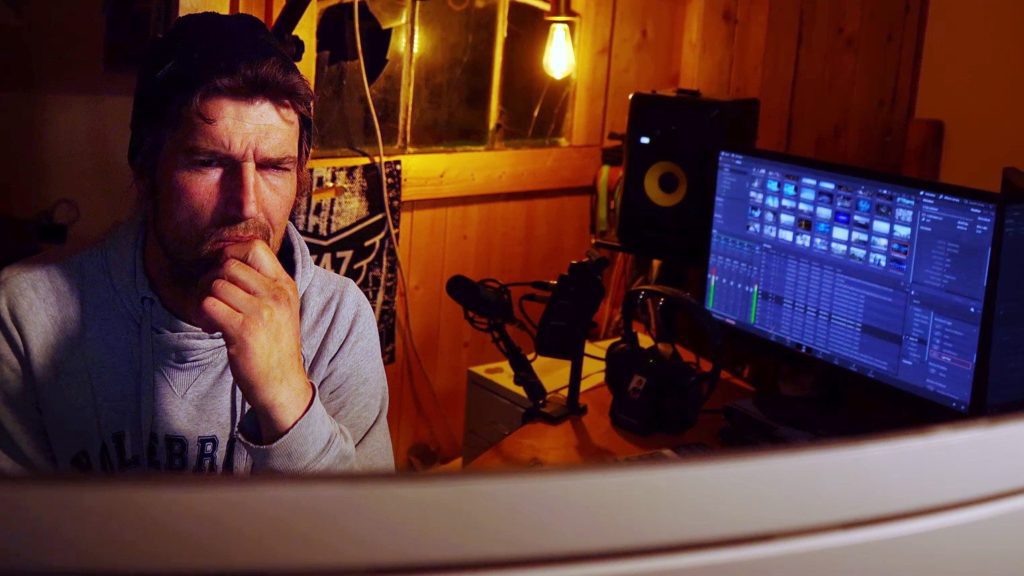
The 2-hour documentary “Pandamned”by Dutch filmmaker Marijn Poels is a colossal undertaking aiming to summarize and assess overall socio-political developments of the past few years.
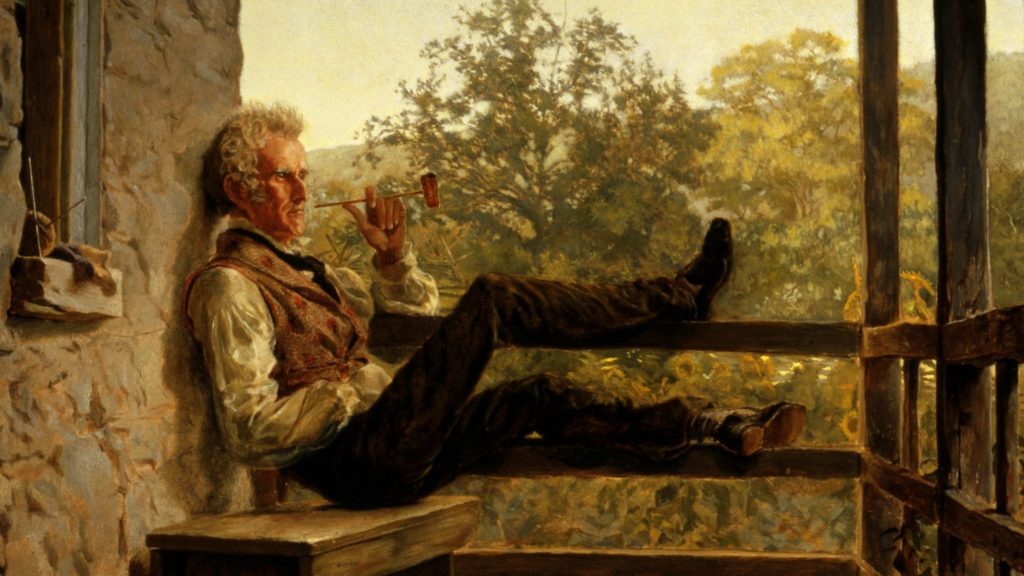
Continetti’s history of the first hundred years of the American right holds lessons for the next hundred.
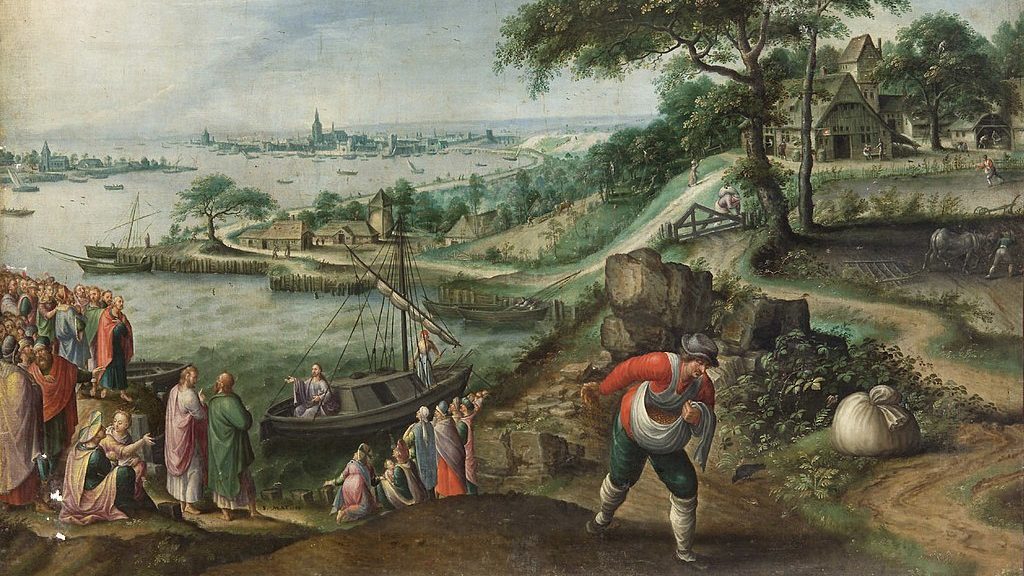
Christ’s parables, such as “The Laborers in the Vineyard,” “The Sower,” and “The Hidden Treasure” serve as a basis for Fr. Sirico’s advice on investing, enterprise, and the value of hard work.
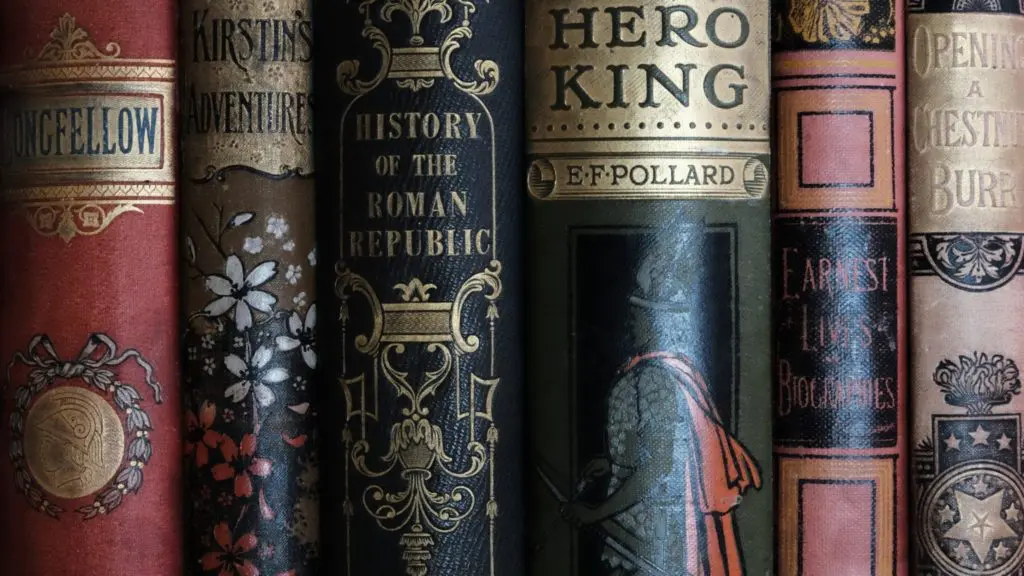
Lewis wants his readers to re-examine our presumptions about everything from modern education and science to ‘the West’ and contraception. Recognizing this can help us understand why the novel has so divided readers.

Isabel Leonard’s portrayal of Carmen was commendably human in a world that often also demands some kind of ideology to peer out from the character.

The geezer is self-assured because he is humble. He believes in moderation in all aspects of his behaviour without feeling entitled or engaging in excessive introspection.
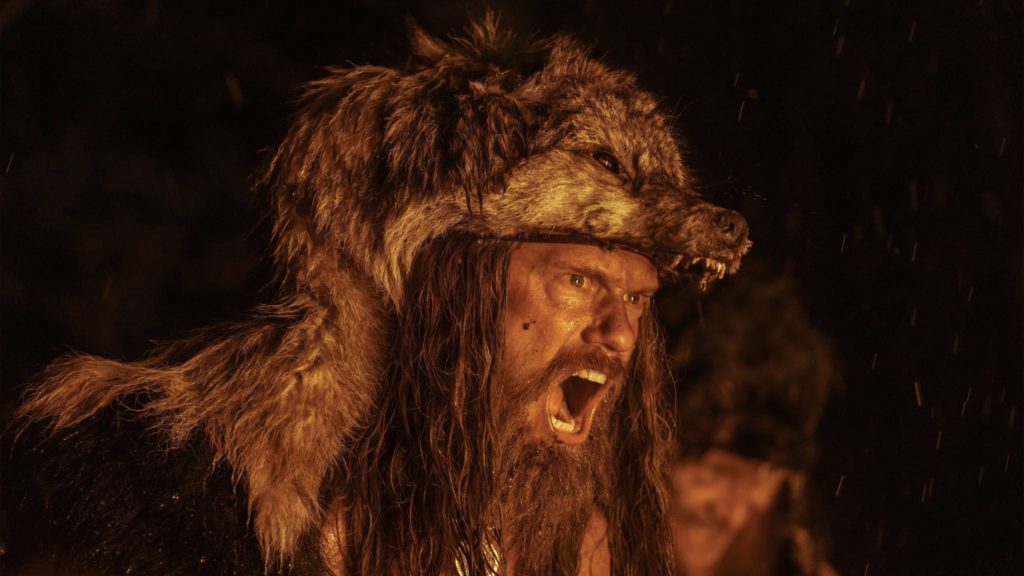
Director Robert Eggers ventures into the world of Norse legends, blending the borders between myth and meticulously recreated reality. Spoilers ahead!
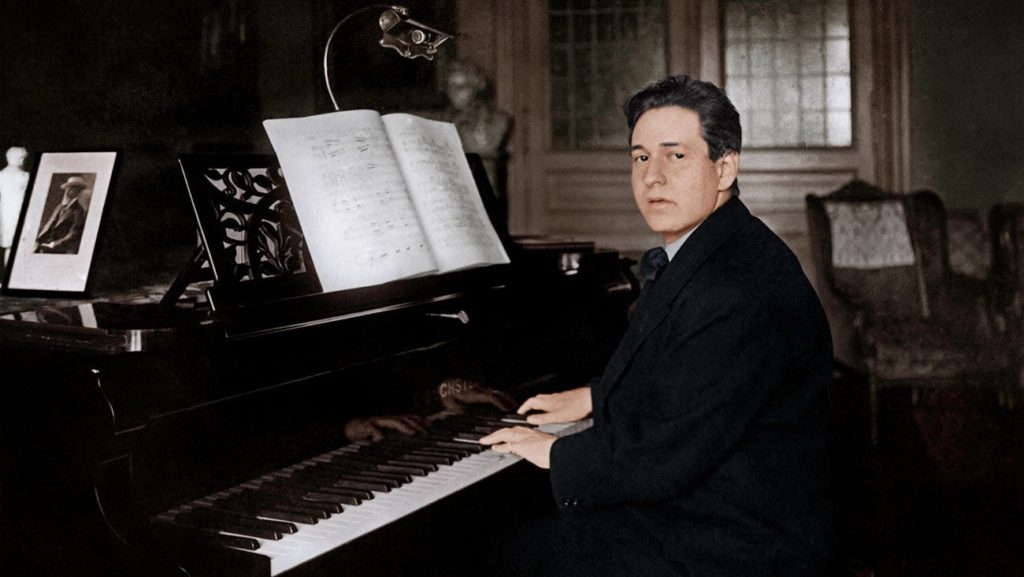
It is hard to imagine a more complex piece than Korngold’s Violin Concerto. It stands on the cusp of classical music’s transformation from an art form confined to the concert hall, into a multimedia concept.
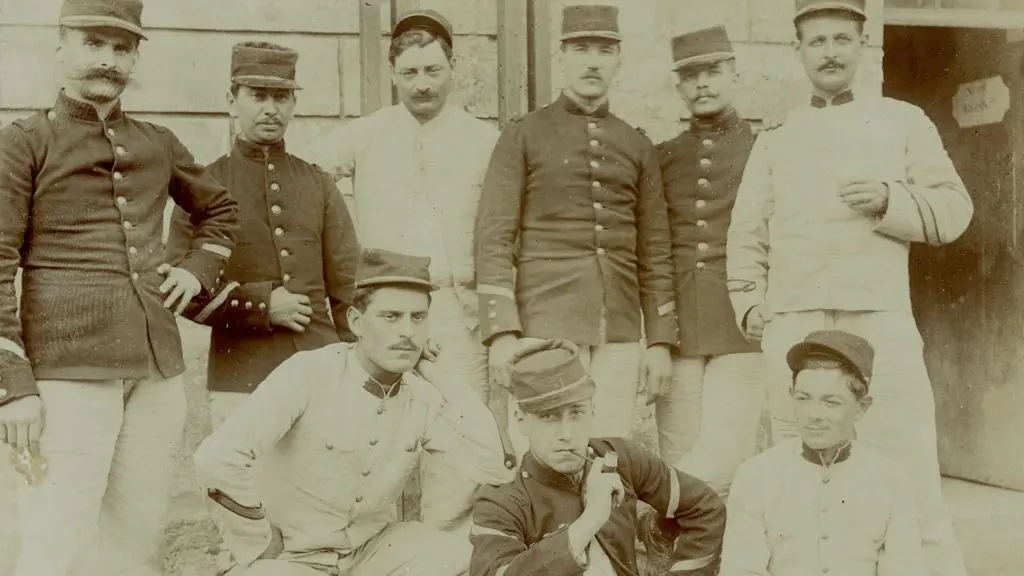
One figure worthy of rediscovery, especially for those of a conservative or religious inclination, is the French soldier and writer Ernest Psichari who converted during his time as a soldier between 1909 and 1912, in what is today Mauritania.

While I agree with the aims and even admire the methods of the protesters of 2019 to 2020, it is likely that when China does assume full control of the Hong Kong territory, they will have made things worse.

Whereas much science fiction simply sidesteps the theological questions a Christian would raise on discovering rational life on other planets, C.S. Lewis asks us to wrestle with them.
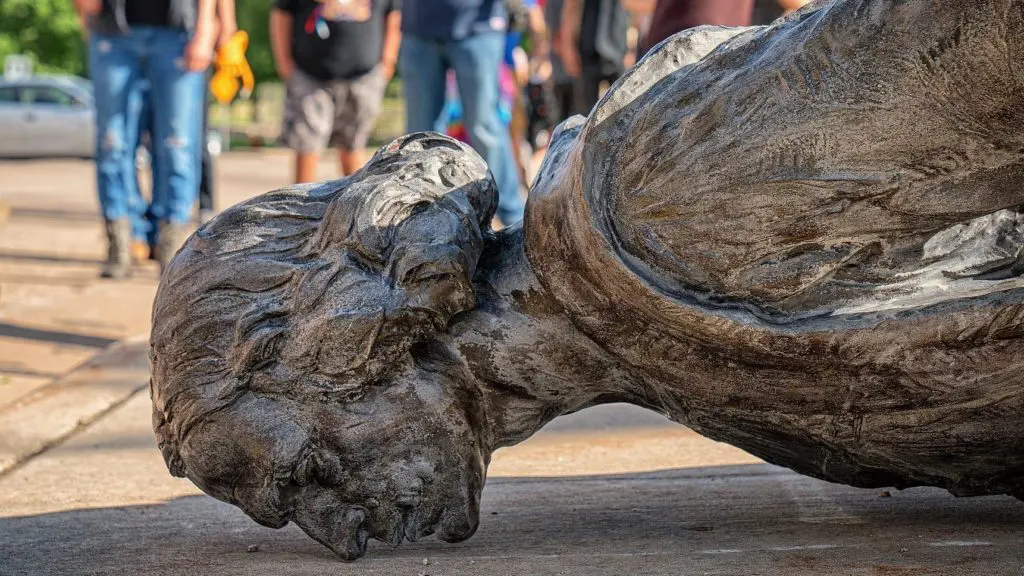
Today, the cultural warfare is nothing if not asymmetric. History and culture are important enough to merit a lively debate, but the one-sided onslaught on everything from Western art to our national heroes, thunders Murray, should not be indulged for a moment longer.
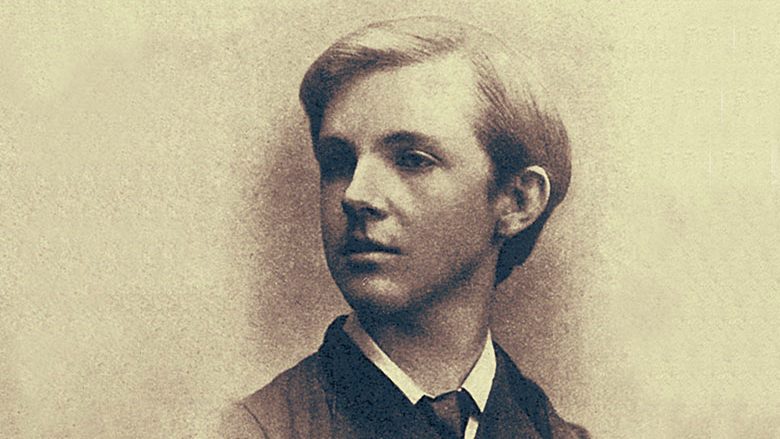
What Lionel Johnson awaited was a biographer who shared both his deep Faith and his soaring erudition in order to convey his work both in its true significance to its author, and on its own terms. With Robert Asch, Johnson has at last found him.
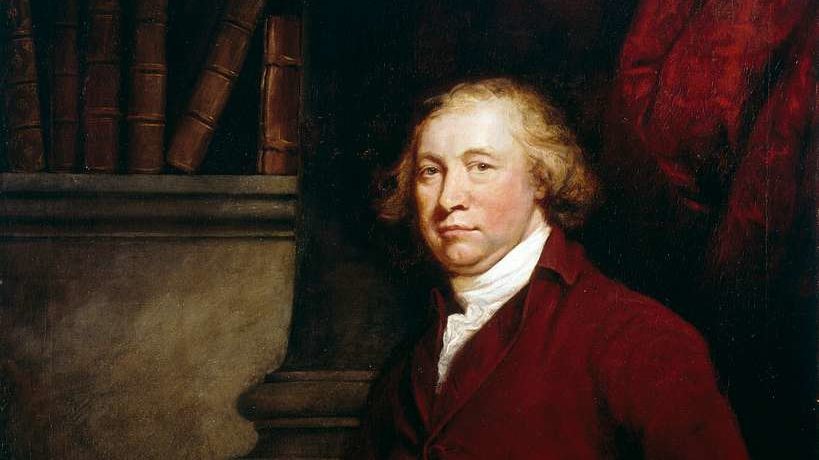
In this massive study, Gregory Collins is able to smoothly blend Burke’s economic thought with his thoughts on politics and human nature.
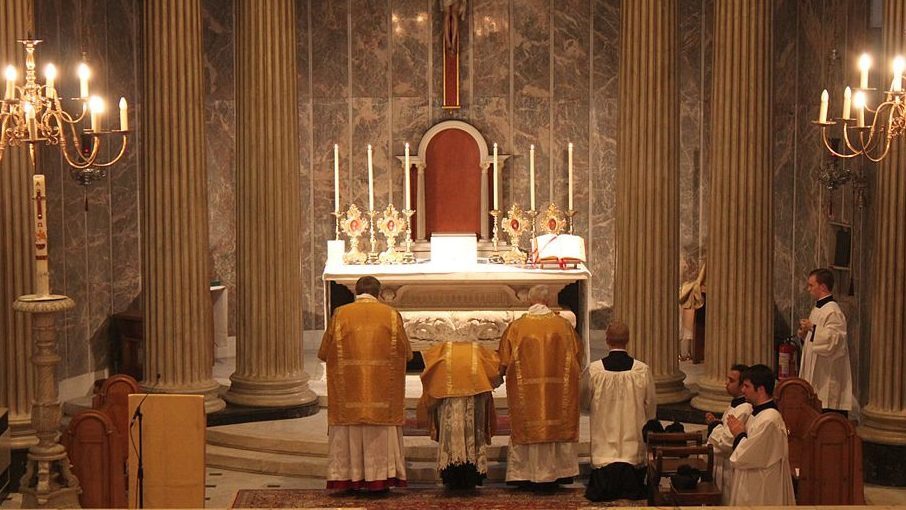
The subject of these pages is, in a broad sense, religious—Catholic—traditionalists. Yves Chiron also explains why being a ‘traditionalist’ is not exactly the same as being a ‘traditional’ Catholic.
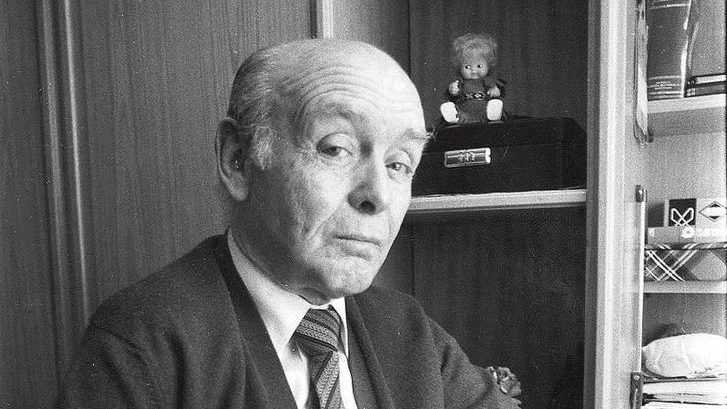
As a work of serial military fabulism, Ezquerra’s book is an interesting cultural artifact. I laughed more than once at the author’s sheer gall, but Ezquerra himself is an unpleasant figure. A literary liar is bad enough; a Nazi literary liar seems even more obscene.

The novel illustrates St. Catherine of Siena’s famous quote, “The path to Heaven is Heaven.” St. Catherine did not say whether the path felt like Heaven at the time, but she was certain that it was, in all essentials, Heaven. In other words, Heaven bleeds backwards into our lives, until every moment is colored with its otherworldly hues. That is the feat Vodolazkin accomplishes in this novel.

American composer Michael Dellaira secured the operatic rights to Lampedusa’s novel after rereading it following a trip to Sicily in 2014. Pandemic complications froze the entire performance world for two years, so the opera only had its world premiere in March 2022, in a run of two performances by the Frost Opera Theater.

Judging by the 1942 film, the story of Bambi is a relatively simple and childish tale. True, it famously deals with Bambi’s loss of his mother, but in general the movie leaves viewers with the banal, sentimental, fuzzy feelings that has made Disney an entertainment juggernaut. But these are not the feelings Salten’s original novel produces, nor is the novel particularly intended for children. How, then, did Disney’s image of Bambi become the predominant one? And how does this story and its reception shed light on our current Western culture?